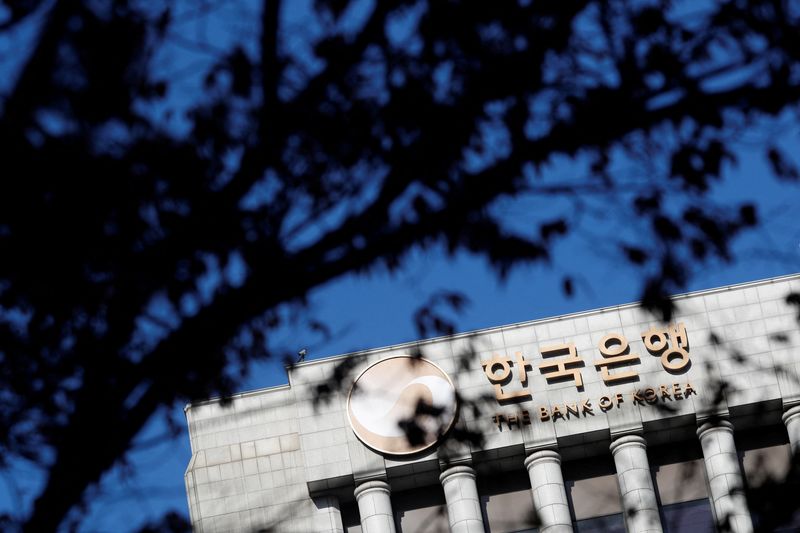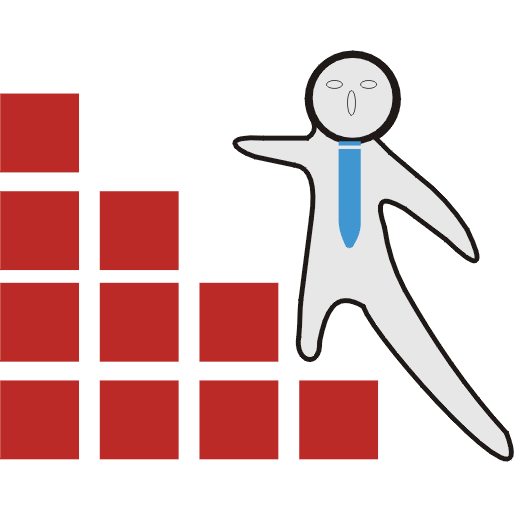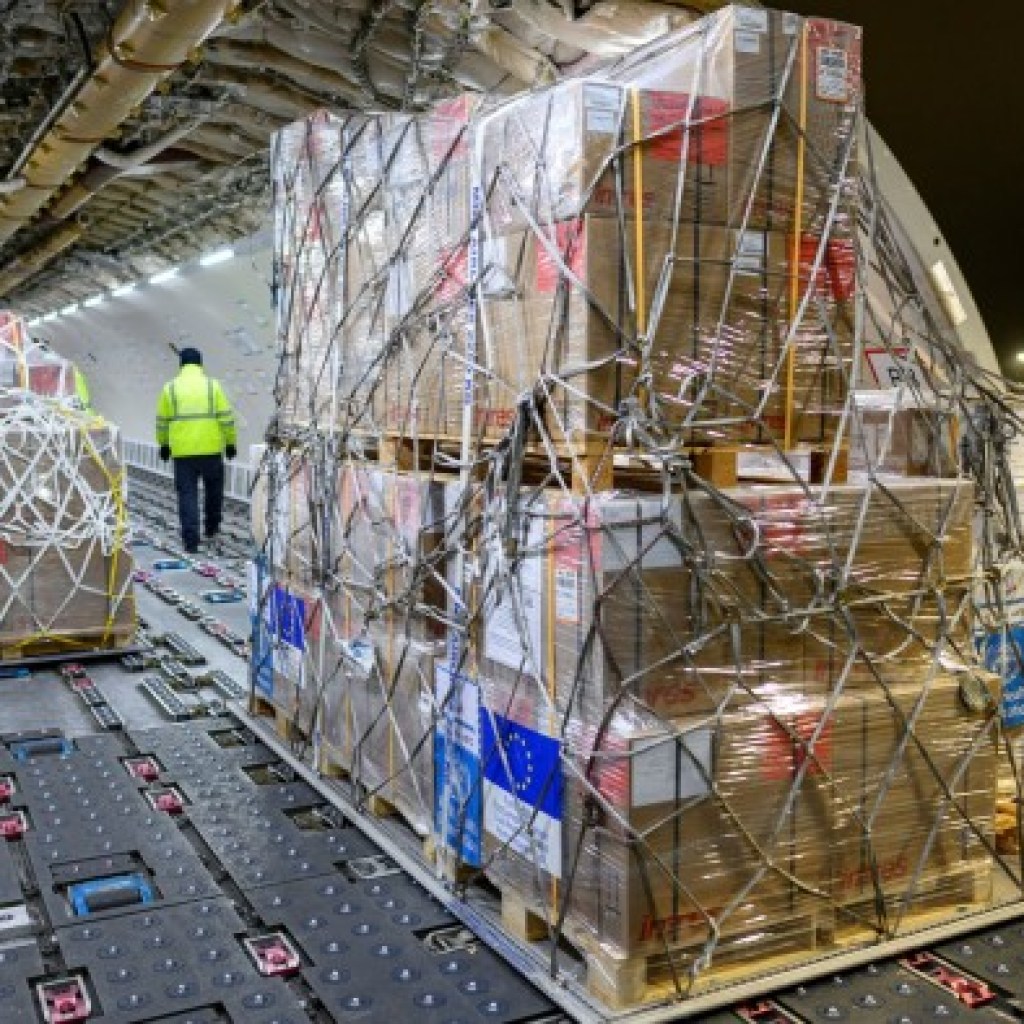Written by Cynthia Kim and Jihoon Lee
SEOUL (Reuters) – South Korea’s central bank unexpectedly left interest rates unchanged on Thursday and signaled it needed to wait for domestic political turmoil affecting the currency to stabilize before it could make further interest rate cuts.
Bank of Korea Governor Ri Chang-yong said the interest rate decision reflects the need to support the won, “which is weakening partly for political reasons” as it reached a 15-year low against the dollar in recent weeks.
“We will be able to make a more independent decision from US monetary policies to lower interest rates once (domestic) political conflicts stabilize to some extent,” Ri said at a press conference after the policy review and the decision to keep the benchmark interest rate unchanged at 3.00 points. %.
Only seven out of 34 economists polled by Reuters expected no change in the rate level, while the remaining 27 expected a third successive cut of 25 basis points, the first time three successive cuts have been made since 2009.
This decision is the first since ousted President Yoon Suk-yul attempted to impose martial law in early December, which plunged Asia’s fourth-largest economy into the largest political crisis in decades. The unrest prompted the government to lower its economic growth forecast for 2025 to 1.8% from 2.2%.
The crash of Jeju Airlines Flight 7C2216, which killed 179 people in the country’s deadliest air disaster, also affected the economy.
The decline of the won is a source of great concern to political decision-makers. In the last three months of 2024, the currency weakened 10.6% against the dollar, its largest quarterly decline since the third quarter of 2008.
Governor Ri said that six of the bank’s seven board members said the Bank of Korea should be open to interest rate cuts in the next three months.
The Bank of Korea in November unexpectedly cut borrowing costs by 25 basis points in a successive rate cut, citing concerns about the trade policies of US President-elect Donald Trump, who takes office on January 20.
Local currency traders said South Korea relied on official smoothing of the won-dollar market and the National Retirement Authority’s currency hedging operations to support the won.
South Korea’s policy-sensitive 3-year Treasury bond futures sharply pared earlier gains after the interest rate decision. The won initially rose against the dollar, but then retreated.
In a statement issued shortly after its policy decision, the central bank said it expects economic growth for 2025 to be slower than the 1.9% it had forecast earlier due to weak exports and deteriorating consumer sentiment.
She also said in the statement, “High exchange rates could exert upward pressure (on consumer prices), and uncertainties regarding global oil prices as well as economic growth at home and abroad have increased.”
Economists say the central bank is eyeing a more gradual pace of interest rate cuts next year.

“The Bank of Korea also appears to have been under pressure to hold interest rates today due to headlines talking about ‘three consecutive rate cuts,’” Daeshin said. “Its policy stance on monetary easing remains sound, and the market reaction still seems to point to a cut.” Interest rate next month. Securities expert Kong Dong Rak.
The median forecast in a Reuters poll ahead of the interest rate decision indicated a 25 basis point rate cut this quarter and cuts of the same degree in the second and third quarters, bringing the interest rate to 2.25%.
Contents
Related posts:

Say Job City in Pakistan for today latest jobs opportunities in private and Govt departments. View all new Government careers collected from daily. sayjobcity.com


